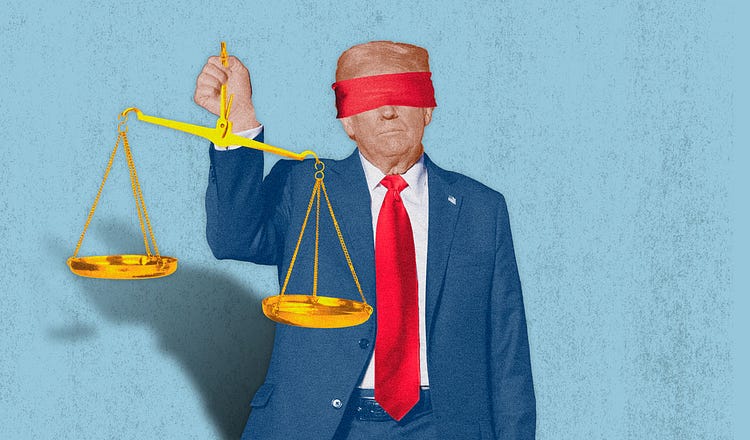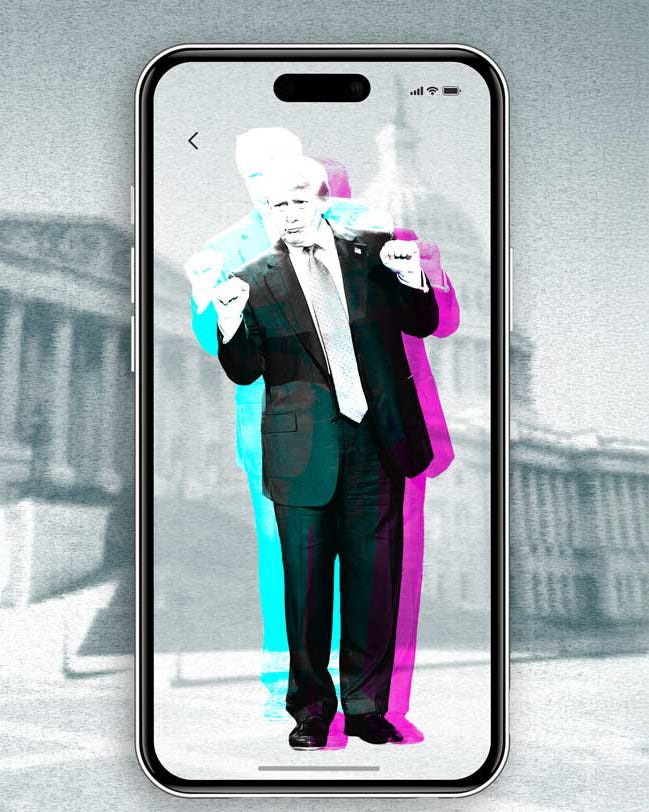
Three weeks ago, Donald Trump struck another blow to the civil-rights regime. It was easy to miss, given he did so through an executive order aimed at a legal concept. But the president has taken another step toward uprooting the second constitution that has been in place since the passage of the 1964 Civil Rights Act.
Trump’s Executive Order 14281, aimed at “Restoring Equality of Opportunity and Meritocracy,” targets the judicial doctrine of “disparate impact,” which has stood since the 1970s.
You may not know the ins and outs of disparate impact, but you’ve surely seen its effects. Under disparate impact, a business owner can be found guilty of discrimination even if he did not intend to discriminate. An aptitude test that winds up narrowing the pool of eligible black candidates, height requirements that exclude women from a police force, a job application that asks about criminal records—any hiring process that produces a lower-than-random number of protected minorities is suspect. Such actions and institutions might carry no ill intent, but they can put an employer on the wrong side of civil-rights law.












